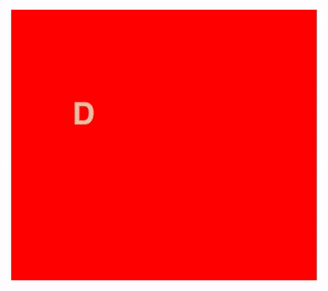
Sexting
What is it?

‘Sexting’ is when someone sends or receives a sexually explicit text, image or video on their mobile phone, computer or tablet. It can include sexual chat or requests for pictures/images of a sexual nature. It can be illegal, as it is a crime to possess, take, make, distribute or show anyone an indecent or abusive image of a child or young person under the 18 years of age, but this will depend on what is sent and to whom they are sending it.
Reasons for ‘Sexting’
- To show off; flirt; prove commitment to a boyfriend/girlfriend.
- They may feel under pressure to fit in, or they may be harassed, threatened or blackmailed.
- Their judgement is affected by drink or drugs; they may take risks but regret it later.
Keeping your child safe
- Be approachable and supportive; let them know they can talk to you about anything; this includes their use of the internet and ‘sexting.’
- Talk to them about the risks
- Loss of control of their image/ information
- Becoming vulnerable to blackmail, bullying or social humiliation. - Talk about strategies to manage peer pressure and decline requests
- Develop with them a set of guidelines for their behaviour on line, which could include agreement to random checks by you on their phones and equipment.
- Support them to ensure they understand the privacy setting on their phones and equipment.
Dealing with Problems
The most important thing overall, is that your child or teenager needs you to be there for them, even if you are angry or disgusted at what they may have done. They may have been scared or ashamed to tell you, but together you can deal with it.
If your child has sent or posted a sexually explicit text or image
Ask who it has been shared with and where. Key thing - Act Fast! The quicker you can respond, the more control you have over the situation.
Contact your local Garda/PSNI for advice and guidance on the next steps. Even if a child/young person has technically committed an offence, the matter will be dealt with sensitively by the Police/Garda, who will take into consideration all the circumstances.
If there is a possible criminal offence, then they will advise that you do not delete the text, image etc., as it may be required for their enquiries. Do not show or electronically share it with anyone else, as this in itself is a criminal offence.
If the Garda/PSNI decide an investigation is not required, things you as a parent can do to support your child:
- If your child has sent the message or put up the image, they can delete or remove it.
- Talk with the other young people who may have received the message or image and ask them to delete it. If necessary, also talk to their parents
- Inform your child’s school to monitor and help stop images/videos being shared and to offer your child support.
- Report it to the social networking sites and ask the website to take the image down. The Police may be able to support you as a parent.
- If it has been shared through a mobile phone, ask the provider to change the number.
If your child has shared a sexually explicit text or image because they were forced or coerced by another child and/or are being blackmailed or bullied
Contact the Garda/PSNI, they may be able to prevent the image being circulated and take appropriate action to safeguard your child.
If your child has received a sexually explicit image of a child (under 18 years of age)
You should contact Garda/PSNI for advice and guidance. Do not delete the image and under no circumstances should you save the image, send it to another person or show it to anyone else, as you may be committing an offence.
If your child has shared sexually explicit messages or images with an adult or received them from an adult
Report it to the Garda/PSNI and CEOP ( see contact details below). Your child may have been coerced to send the images. Even if they state that they sent them willingly, the adult may have been grooming your child and others. Contact Childline or the Internet Watch Foundation to get them removed.
Useful Contacts
For emergencies contact the Garda/PSNI using 999. For non-emergencies contact 112 for the Guards and 101 for the PSNI.

An Garda Síochána: Ireland's National Police Service

ISPCC Childline

ISPCC Childline: Chat Online

PSNI website

Email NSPCC’s 24 hour helpline

NSPCC’s 24 hour helpline

Childline: Sexting

Talk to Childline

CEOP – Child Exploitation and Online Protection Centre
UK hotline for reporting criminal online content about child sexual abuse anywhere in the world

Internet Watch Foundation
